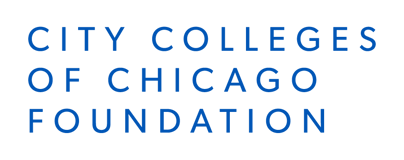Timuel D. Black Jr. Scholarship & Fellowship Program
"Activist, educator, historian Timuel Black, the revered elder statesman and griot of Chicago’s Black community, was active in every major American movement during his long life and spent his later years telling stories from our nation’s blueprint...".
Share

Organized by City Colleges of Chicago Foundation
